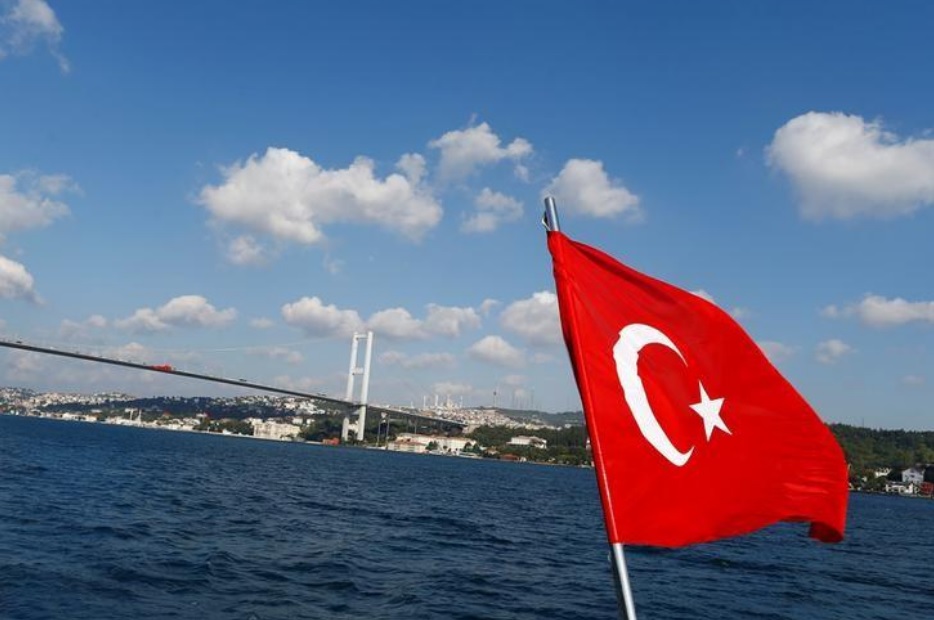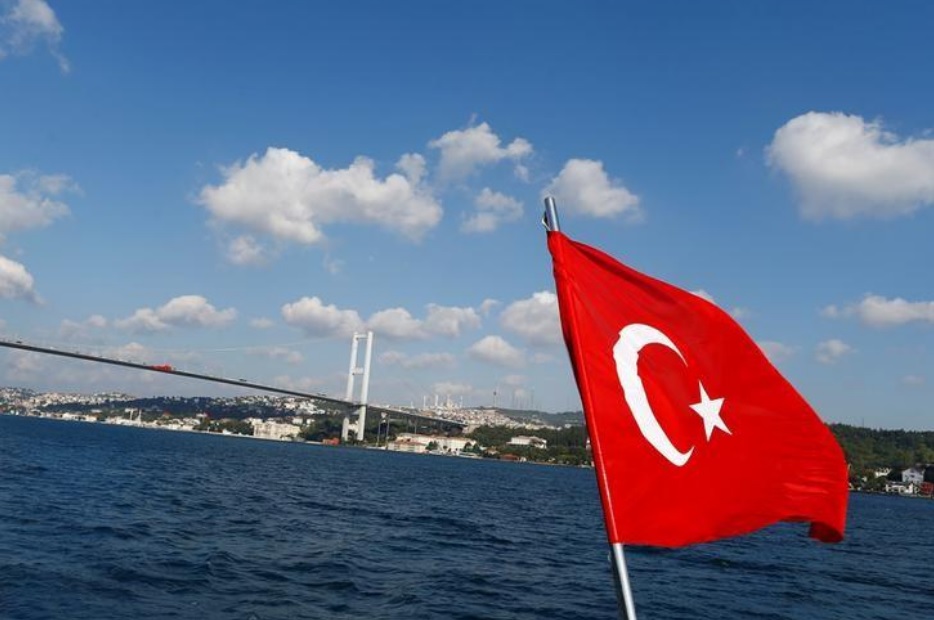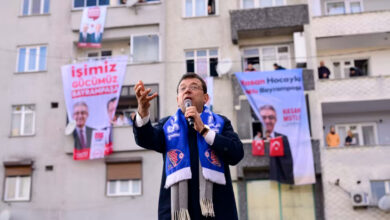
His neighborhood battered by shelling and food running out, Bahattin Yagarcik hunkers down in a basement along with several other families to take cover from the standoff between the Turkish military and Kurdish rebels in southeastern Turkey.
Yagarcik's hometown of Cizre and the nearby town of Silopi in Sirnak province in the Kurdish majority southeast have been under curfew since early last week as the army wages an all-out offensive against the outlawed Kurdistan Workers' Party (PKK) in the town's streets.
"Tanks were deployed on the hills overlooking the city and my three-storey apartment building was set on fire last Wednesday by intensive shelling. It is completely unusable now," Yagarcik told an AFP correspondent in Ankara by telephone from Cizre.
"We — four families, 26 people including two babies — found sanctuary in a two-room basement. It is freezing. Hardly any electricity. We barely use phones as batteries are running out, as well as the food we live on," he added.
"We are in a basement. No heating. We are desperate. Babies are crying. I counted 24 shells that landed within only one minute in my neighborhood."
The vast operation marks a new escalation in violence between members of the Turkish security forces and Kurdish militants after a fragile ceasefire with the PKK collapsed in July.
The campaign reportedly involves some 10,000 troops led by six generals and is one of the biggest-ever launched by Turkey in urban centers inside its territory.
The Turkish government says the operation is needed to root out militants who were effectively taking over the towns by building barricades and digging trenches. The local authorities insist the curfews are required to protect ordinary citizens.
President Recep Tayyip Erdogan has vowed: "Never doubt that the terrorist organization will be buried in the trenches it has dug."
The army has accused the rebels of using schools in the region as hideouts, blaming them for the damage the buildings have suffered in the campaign.
The PKK's insurgency against the Turkish state dates back to 1984, initially pushing for full independence and then for autonomy and greater rights.
'Under siege'
But Kurdish activists and politicians have accused the army of acting with impunity, pounding large parts of the towns to rubble and killing civilians.
Human Rights Watch in a report on Tuesday urged Turkey to "immediately stop the abusive and disproportionate use of force" in the security operations, which have been in progress since the collapse of the ceasefire in July.
Pictures posted on social media from residents inside Silopi and Cizre have shown substantial damage to buildings, with the towns constantly shaken by the thunderous noise of shelling.
The military says that over 100 PKK rebels have been killed in Cizre alone but it is not possible to independently verify the toll or confirm their identities.
Residents in both towns cower in cramped basements, waiting desperately for the moment when the operation will end.
"My neighborhood in Silopi is almost under siege," 26-year-old Sehmus Baran told AFP on the phone from inside Silopi.
"The windows of our flat were all broken. The flat is freezing. We took shelter under the stairs of the building," he said.
"We had no running water for three days. Electricity is on and off."
Baran said he was a university graduate and had to study for exams to become a civil servant.
"But I cannot study. No electricity," he said, begging for information about "whether the United Nations is doing anything".
Murat Oktar, a local municipal official in Nur neighborhood in Cizre, said he had to flee the town to a village on its outskirts last week.
"There's been constant shelling. Everyone is in a panic. The state is using so much power that it is as if an enemy state is bombing," he said.
"Shops are closed. Locals are in a state of emergency, storing wheat and cheese. There are people who were wounded. They call for ambulances but no answer. There's no security for people."




